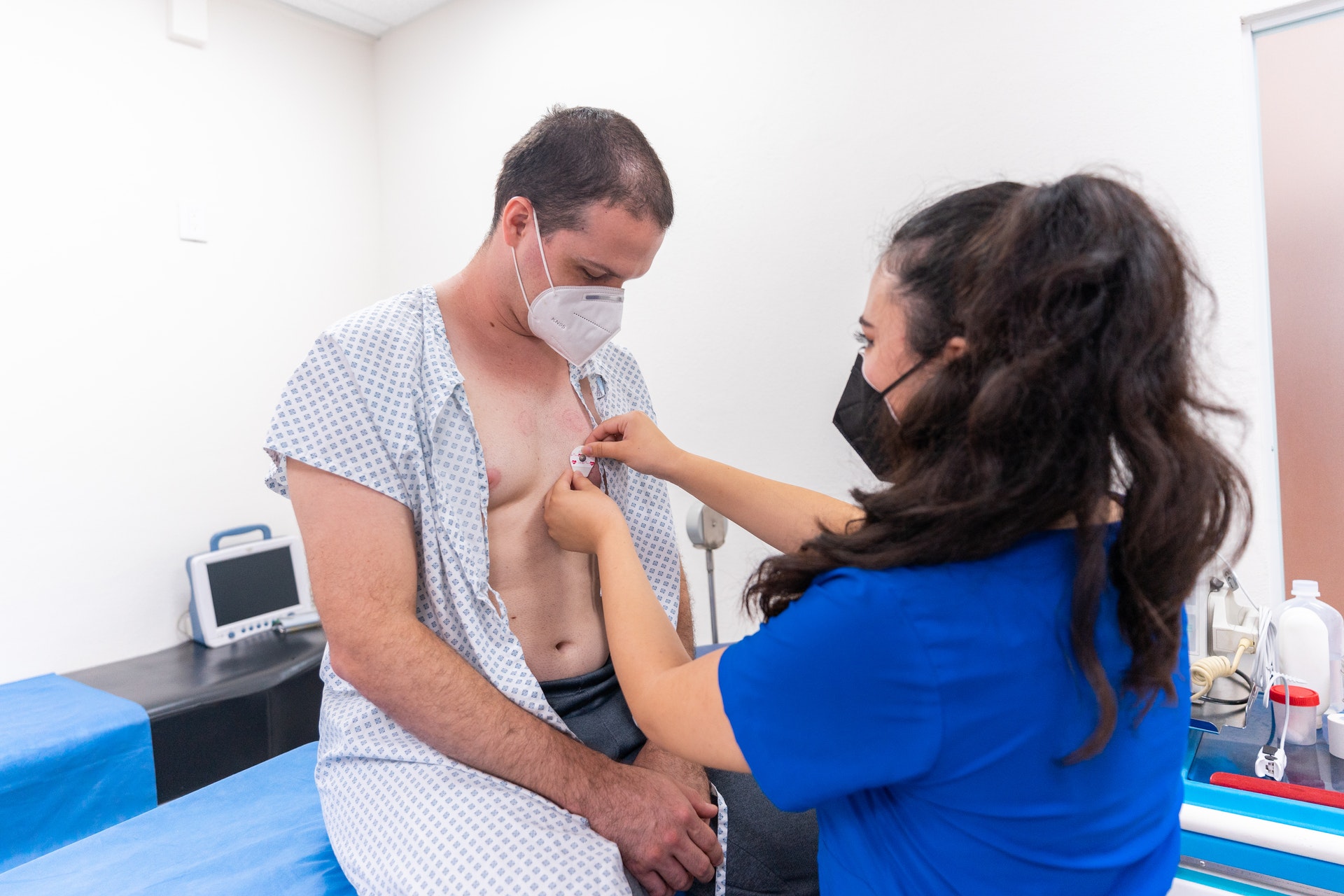

Click here to see all of PopSci’s COVID-19 coverage.
More than 1,200 Americans have experienced heart health issues since being vaccinated with either the Pfizer-BioNTech or Moderna mRNA vaccines. The US Centers for Disease Control and Prevention (CDC) is investigating this link, but still strongly recommends that anyone aged 12 and older get their shots.
The heart conditions in question are myocarditis, inflammation of heart muscles, and pericarditis, inflammation of the tissues surrounding the heart. In a presentation this week, the CDC outlined what they know so far about the link between vaccines and these conditions. These side effects are rare—more than 300 million doses of mRNA vaccines have been administered in the US, and just 1,226 individuals have reported heart problems. Cases are higher in individuals who received their second dose. Men and boys represent about 75 percent of cases, and adolescents and young men under the age of 30 are most at risk.
A preliminary look by the CDC at 323 cases of myocarditis/pericarditis in individuals under 30 shows that these cases have not yet been fatal. Out of 323 cases, 309 individuals were hospitalized, but 295 have already been discharged (and most have fully recovered from all symptoms). However, nine patients are still hospitalized, and two are in intensive care units. More cases are under review.
Experts still urge everyone eligible to get vaccinated. Following the CDC’s statements, more than a dozen professional and government medical agencies released a joint statement saying, “This is an extremely rare side effect, and only an exceedingly small number of people will experience it after vaccination.” The statement also emphasizes the benefits of vaccination, adding that in the young people who do develop heart symptoms, “most cases are mild, and individuals recover often on their own or with minimal treatment. In addition, we know that myocarditis and pericarditis are much more common if you get COVID-19, and the risks to the heart from COVID-19 infection can be more severe.”
[Related: The Delta variant is on the rise in the US]
“It’s going to be manifold more common to get heart muscle inflammation from getting COVID than you would from getting a vaccine, even in young men,” University of Texas Southwestern Medical Center cardiologist James de Lemos told The New York Times.
The New York Times also reported that “out of a million second doses given to boys ages 12 to 17, the vaccines might cause a maximum of 70 myocarditis cases, but would prevent 5,700 infections, 2,215 hospitalizations and two deaths,” putting the risk into perspective.
Approximately 140 million people in the US are currently fully vaccinated via an mRNA vaccine, and more than 177 million people have received at least one dose of any COVID-19 vaccine. If you experience chest pain, shortness of breath, or a fluttering and irregular heartbeat after receiving a second dose, especially in the week following your second dose, the CDC recommends seeking medical care and reporting your symptoms to the Vaccine Adverse Event Reporting System.